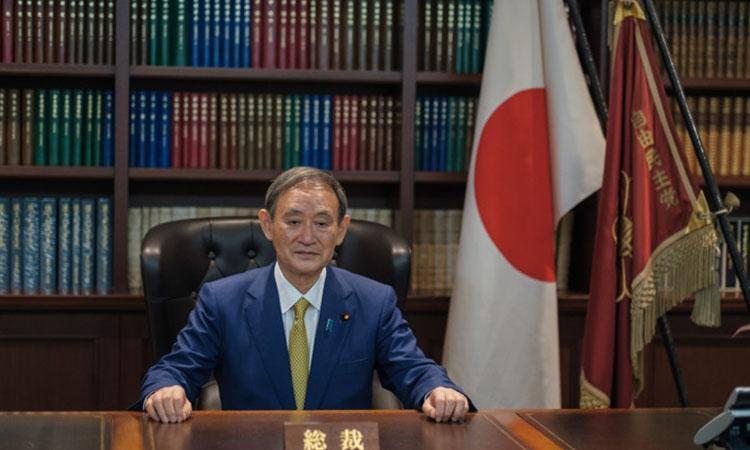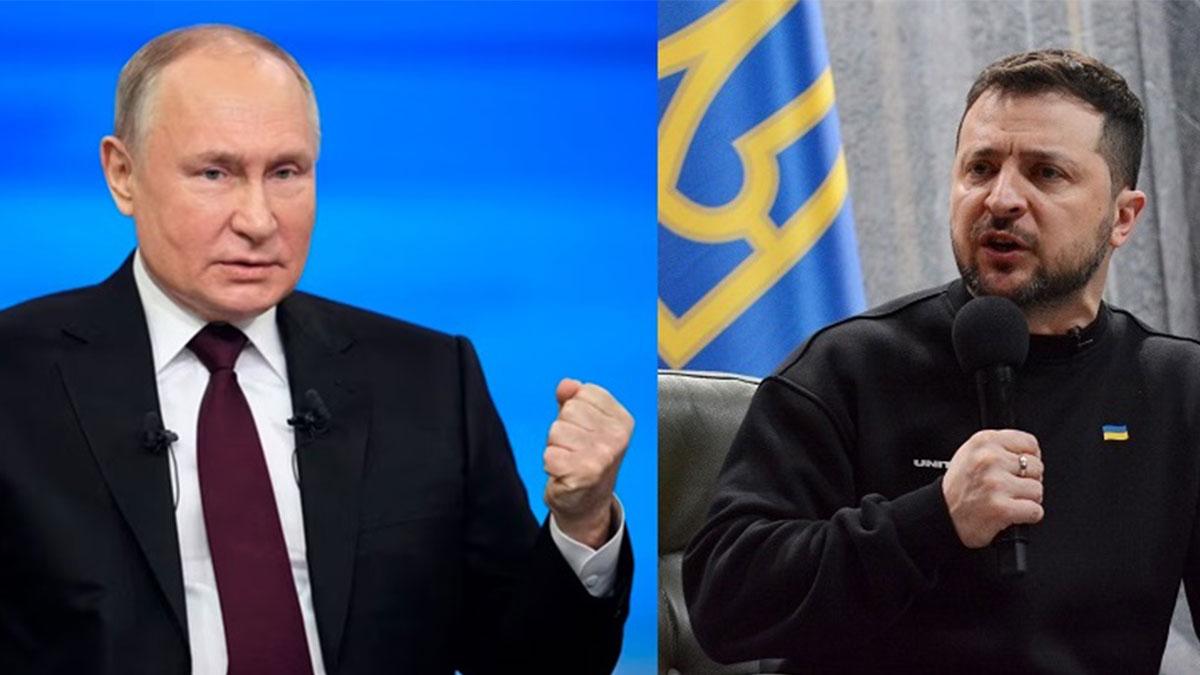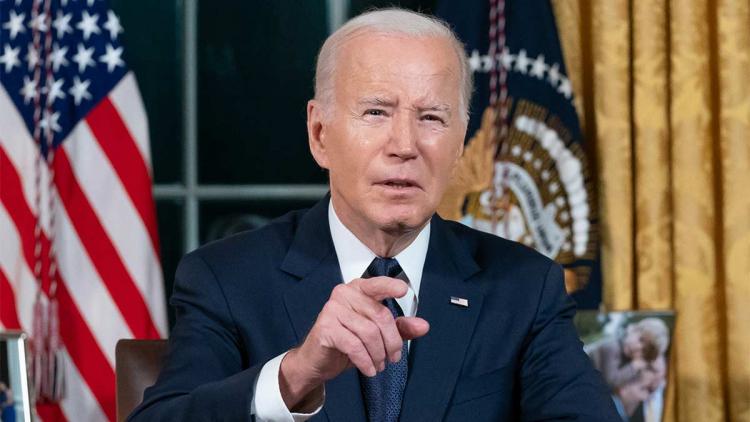Japan has mounted a successful diplomatic offensive against China in a short span of time by drawing attention to the threat that the communist regime poses to the region and to the world at large.
Chasing European countries -- Germany, France and even the UK, since last year and inviting the attention of the US repeatedly towards the deteriorating situation in the region, Tokyo has garnered promises from almost all of them to rein in China to maintain strategic balance in the region.
The latest in this effort has been French President Emmanuel Macron who has promised to actively collaborate with Tokyo in the Indo-Pacific region on issues of security as well as climate change. In a joint statement during the French President's visit to Tokyo, Japanese Prime Minister Yoshihide Suga, and Macron promised to enhance defence cooperation keeping China in the crosshairs even as Paris increases its footprint in the region.
Japanese efforts at lobbying climaxed this week as it hosted numerous high-profile visitors in the past few days -- all of them aimed at rebalancing the delicate security architecture unhinged by China's visibly aggressive military showmanship in the region.
Speaking with India Narrative, Prof. Baladas Ghoshal -- former chairman of the Centre for South and Southeast Asian Studies, JNU, and former General Secretary at the Society for Indian Ocean Studies says that Japan is worried about China's territorial claims which have increased considerably after Xi Jinping came to power. "For Japan, Beijing has crossed a certain red line. It happened when China sent its ships to the Senkaku islands; when it threatened to take-over Taiwan and when its diplomats spoke in undiplomatic language with other nations. All this has created unease in the minds of the Japanese", says Ghoshal.
ALSO READ | July Expiry, Volatility And New Lifetime Highs In The Week Ahead
Japan has been working hard to ensure that the world knows about its concerns. Tokyo's dexterity in lobbying hard with the world has shown result with many nations responding to its fears.
Just a few days back, Tokyo had hosted Wendy Sherman, US Deputy Secretary of State, along with Choi Jong Kun, South Korea's First Vice Foreign Minister. Tokyo and its two guests issued a statement that the three nations oppose any unilateral attempts to change the status quo in the East China Sea.
The trio also reiterated the importance of respecting international law including observing the freedom of navigation, which has been impeded by China through its assertion of exclusive rights in the entire South China Sea (SCS). The US and Japan expressed concern over China's claims on Senkaku as well as SCS.
Last week, Ben Wallace, British Defence Secretary, announced during his Tokyo visit the permanent placement of two warships in the waters around Japan--a pointer to the heft that Tokyo carries with allies. The Queen Elizabeth aircraft carrier will also hold exercises with the Japanese navy in the region.
ALSO READ | End Of 'Inclusiveness' In TN Politics?
"I think, European countries are awakening to China's intentions", says Ghoshal. He adds: "Japan realised that it has to create an environment to take on China by roping in like-minded countries who also feel similar vibes from Beijing. If all these countries act together, it sends a signal to China. The Japanese have prepared themselves for any eventuality as they were feeling that their sovereignty was under threat".
Persistent lobbying by Tokyo has resulted in other alliances coming to the fore to counter China. Besides the European allies, Tokyo is also part of the Quad -- the four-nation Quadrilateral group with India, Australia and the US in the vast geographical region that spans the east African coastline to the Pacific Ocean.
Japanese forces have been holding war games and military exercises with a number of countries, notably the Americans. But Tokyo's troops have also held exercises with Indian, Australian and French forces.
However, China's intentions cannot be underestimated as it is also cobbling up partnerships or attempting to do so with countries such as Pakistan, Turkey and even Iran.


















